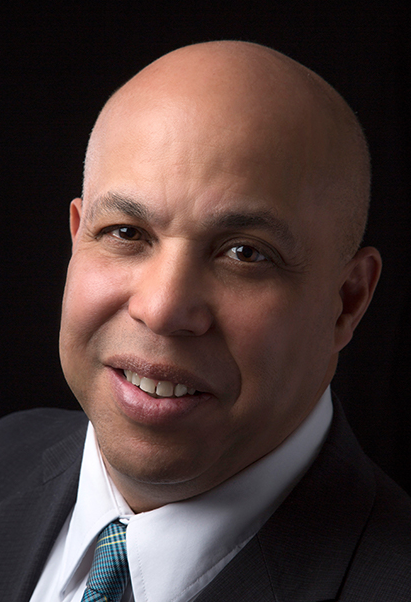Duff: 'Worker Protection Bill,' the NLRA and Worker Safety
Tuesday, December 21, 2021 | 0
Although not directly related to workers' compensation, in the aftermath of tornado-related worker deaths in Illinois and Kentucky there have been a number of news stories discussing the need for a worker protection law of some kind.

Michael C. Duff
But as I told David Sirota recently, there already is such a law. It is called the National Labor Relations Act.
Section 7 of the NLRA protects the rights of employees to engage in concerted protests, including concerted work stoppages, over what the employees believe to be unsafe or unhealthy working conditions. Section 502 of the NLRA, as amended by the Labor Management Relations Act (LMRA), states that cessation of labor by an employee or employees, in good faith, because of abnormally dangerous conditions for work at their place of employment is not deemed a strike.
It is noteworthy that employees, not unions, possess these rights, although the statutory context of Section 502 assumes union representation. The difference between the two sections is that under Section 502, unionized employees working under a collective bargaining agreement with a "no-strike provision" must have an "objectively reasonable" basis for walking off the job for safety reasons.
If they have an ojectively reasonable basis, their action is not a strike, and they have therefore not violated their contractual no-strike provision (which could lead to legal liability). Nonunion employees concertedly walking off the job for safety reasons need only have a "good-faith belief" that they are in danger.
Paradoxically, union employees may have a greater chance of being second-guessed for safety-related decisions than nonunion employees. The lead case for what I have just asserted is Labor Board v. Washington Aluminum Co. (1962).
Isn't it odd how few people know that the NLRA applies to all employees (not just unionized employees) engaging in "protected concerted" activities? The breadth of Section 7 of the NLRA is enormous. We already have a worker protection law.
Employees have six months to file a charge with the National Labor Relations Board (NLRB).
I should also note in passing an interesting recurring issue in workers' compensation "act of God" cases. Employers (and their carriers) resisting workers' compensation claims in such situations may be opening themselves to tort claims. If the weather knocks the Amazon warehouse down because it was negligently designed or built, workers' compensation exclusivity (which confers tort immunity) may be the employer's best friend. Be careful what you argue.
Michael C. Duff is a professor of law at the University of Wyoming College of Law. This entry is republished from the Workers' Compensation Law Professors blog, with permission.





Comments